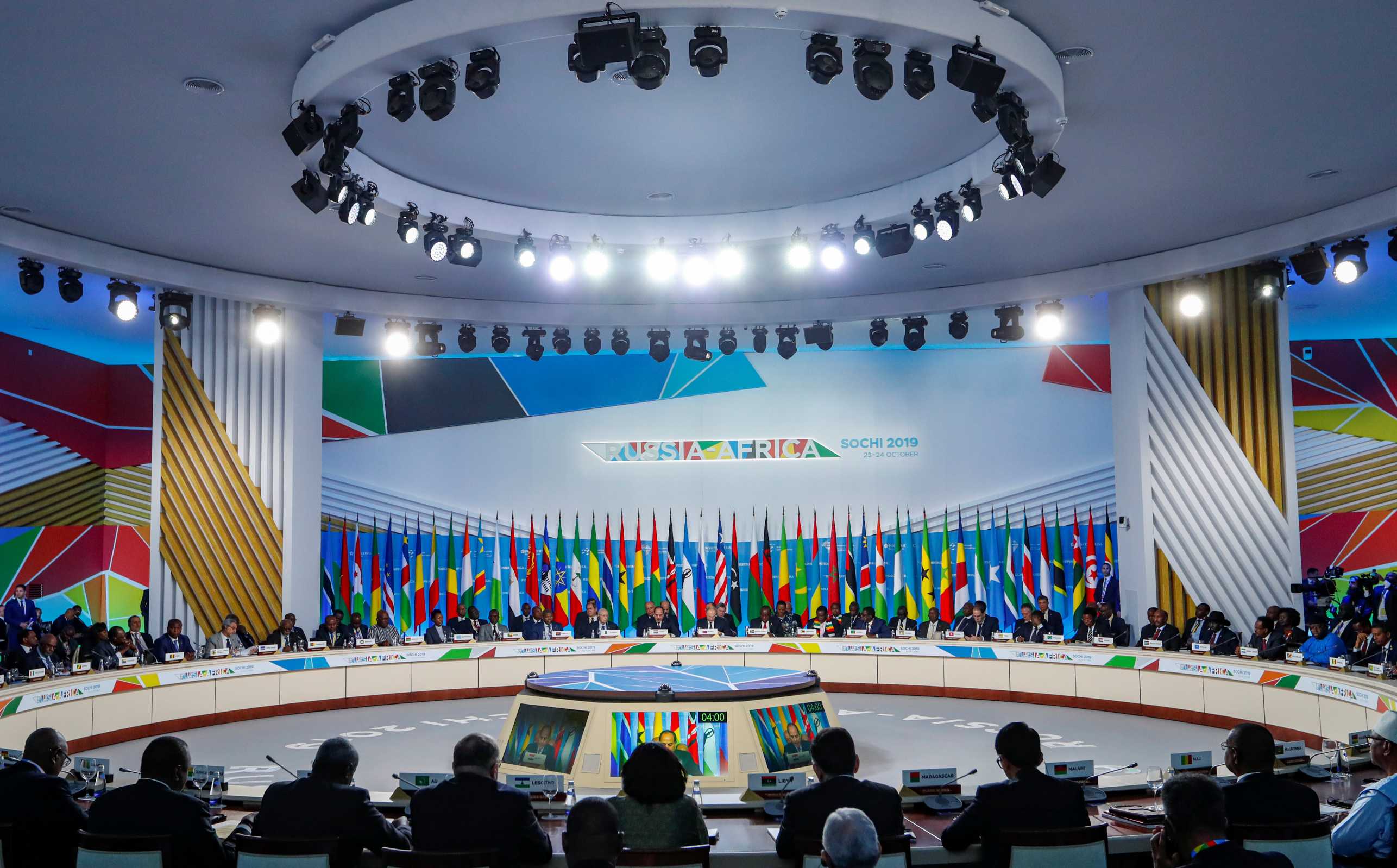Russia’s Footprint in Africa
Moscow’s presence on the African continent increased in the years preceding its invasion of Ukraine. Now, this presence is intimately linked to the war and to the resultant political and economic struggle, argue Charlotte Hirsbrunner and Niklas Masuhr in this CSS Analysis.

Russia’s 2022 invasion of Ukraine has created global shockwaves. Africa has been affected along a variety of axes, such as the elevated intensity of great-power competition, attempts to influence African public opinion, and trade shortfalls resulting from the war. Due to a wide range of pre-invasion ties with Russia and with the US and its allies and partners, as well as diverging national interests, African governments’ reactions have not been uniform. Only a few have openly sided with Ukraine in condemning the Russian assault, but others have taken a more centrist position and abstained from UN General Assembly votes that condemned Russia in large numbers. The latter has caused some consternation in Western capitals and commentaries, prompting calls for African states to take a more principled stance in support of Kyiv. Through African prisms, however, policy choices are much less clear-cut, and the pressure to align with Ukrainian interests and – by extension – with those of the US and its allies, presents a problem.